Global Economics
Capitalist Thought: Studies in Philosophy, Politics, and Economics
Series Editor: Edward W. Younkins, Wheeling Jesuit University
Mission Statement
This book series is devoted to studying the foundations of capitalism from a number of academic disciplines including, but not limited to, philosophy, political science, economics, law, literature, and history. Recognizing the expansion of the boundaries of economics, this series particularly welcomes proposals for monographs and edited collections that focus on topics from transdisciplinary, interdisciplinary, and multidisciplinary perspectives. Lexington Books will consider a wide range of conceptual, empirical, and methodological submissions, Works in this series will tend to synthesize and integrate knowledge and to build bridges within and between disciplines. They will be of vital concern to academicians, business people, and others in the debate about the proper role of capitalism, business, and business people in economic society.
Advisory Board
Doug Bandow | Stephen Hicks | Douglas B. Rasmussen |
Walter Block | Steven Horwitz | Chris Matthew Sciabarra |
Douglas J. Den Uyl | Stephan Kinsella | Aeon J. Skoble |
Richard M. Ebeling | Tibor R. Machan | C. Bradley Thompson |
Mimi Gladstein | Michael Novak | Thomas E. Woods |
Samuel Gregg | James Otteson |
Books in Series
The Ontology and Function of Money: The Philosophical Fundamentals of Monetary Institutions by Leonidas Zelmanovitz
Andrew Carnegie: An Economic Biography by Samuel Bostaph
Water Capitalism: Privatize Oceans, Rivers, Lakes, and Aquifers Too by Walter E. Block and Peter Lothian Nelson
Capitalism and Commerce in Imaginative Literature: Perspectives on Business from Novels and Plays edited by Edward W. Younkins
Pride and Profit: The Intersection of Jane Austen and Adam Smith by Cecil E. Bohanon and Michelle Albert Vachris
The Seen, the Unseen, and the Unrealized: How Regulations Affect Our Everyday Lives by Per L. Bylund
Money, Interest, and the Structure of Production: Resolving Some Puzzles in the Theory of Capital by Mateusz Machaj
Global Economics
A Holistic Approach
Clifford F. Thies
LEXINGTON BOOKS
Lanham Boulder New York London
Published by Lexington Books
An imprint of The Rowman & Littlefield Publishing Group, Inc.
4501 Forbes Boulevard, Suite 200, Lanham, Maryland 20706
www.rowman.com
Unit A, Whitacre Mews, 26-34 Stannary Street, London SE11 4AB
Copyright 2018 The Rowman & Littlefield Publishing Group, Inc.
All rights reserved . No part of this book may be reproduced in any form or by any electronic or mechanical means, including information storage and retrieval systems, without written permission from the publisher, except by a reviewer who may quote passages in a review.
British Library Cataloguing in Publication Information Available
Library of Congress Cataloging-in-Publication Data
Names: Thies, Clifford F., author.
Title: Global economics : a holistic approach / Clifford F. Thies.
Description: Lanham : Lexington Books, [2018] | Series: Capitalist thought: studies in philosophy, politics, and economics | Includes bibliographical references and index.
Identifiers: LCCN 2018012211 (print) | LCCN 2018013594 (ebook) | ISBN 9781498546164 (electronic) | ISBN 9781498546157 (cloth : alk. paper)
Subjects: LCSH: International economic relations. | International trade. | International finance. | GlobalizationEconomic aspects. | Economic history.
Classification: LCC HF1359 (ebook) | LCC HF1359 .T447 2018 (print) | DDC 337dc23
LC record available at https://lccn.loc.gov/2018012211
 The paper used in this publication meets the minimum requirements of American National Standard for Information SciencesPermanence of Paper for Printed Library Materials, ANSI/NISO Z39.48-1992.
The paper used in this publication meets the minimum requirements of American National Standard for Information SciencesPermanence of Paper for Printed Library Materials, ANSI/NISO Z39.48-1992.
Printed in the United States of America
Dedicated to Elinor Ostrom
Contents
The past thirty years have been the greatest period in the worlds history for the spread of market economics and democratic government and for the reduction of poverty. It is a privilege to document and give context to this progress especially since many people are only vaguely aware of what preceded the Industrial Revolution and only see the challenges posed by the integration of national economies into the emerging global economy.
This book is titled Global Economics because it looks beyond the interaction of national economies as is implied by the term international economics. The concern of this book includes both the integration of national economies into the global economy and the interaction of these national economies. A generation ago, Frank Sinatra said if you can succeed in New York City, you can be successful anywhere. Today, if it can be made anywhere, it can be sold everywhere. All markets are increasingly part of the global economy.
It is a momentous time for yet another reason. We are involved in a great experiment to see if the advantages of economic integration can be achieved by nations each retaining their sovereignty. The old way of achieving the advantages of economic integration involved empires and colonies. But economic integration came at a severe cost in terms of wars of conquest. The results, thus far, of our experiment have been enormously beneficial, but have also involved dislocation. We do not yet know how our experiment will turn out.
With advances in transportation and communication, and also with certain bilateral and multilateral agreements, trade has been growing as a percentage of global GDP even as global GDP has been fast growing. Capital and labor have also been crossing national borders, so have business organizations and other social institutions.
This book is subtitled A Holistic Approach because it embraces the roles of technology, politics, law, natural resources, climate change, social institutions, and values in the emerging global economy, in addition to the role of economics (narrowly defined). In fact, recourse to abstract economic analysis is restrained, and discussion is replete with concrete examples and case studies.
I thank my coauthors of scholarly papers from which materials were adapted for this book, also the editors and referees, discussants, and other readers of those papers and of chapters of this book. I also thank my colleagues and students at Shenandoah University, my son Daniel Thies for his many fine illustrations, and my wife Barbara Thies for helping me, encouraging me, and putting up with me.
In the beginning, God created the heavens and the Earth.
Genesis 1:1
As we currently understand it, the universe began as a singular event called The Big Bang. With the Big Bang, there was space, matter, energy, and time. Within the first tiny moments, the universe began organizing itself. The stuff of atoms began to be formed, and then atoms. The atoms accumulated sufficiently in certain places to begin the process of forming stars. And all the while there was motion, both within the atoms and without, and the universe was expanding.
The first stars were different from those of subsequent generations. In particular, they consisted almost exclusively of hydrogen (one proton and one electron) and helium (two protons and two electrons). These stars were powered by the fusion of hydrogen atoms into helium atoms. Even today, fourteen billion years later, the mass of the universe consists mostly of hydrogen (75%) and helium (24%).

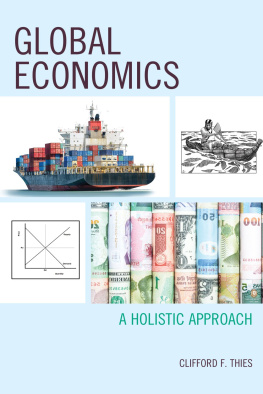

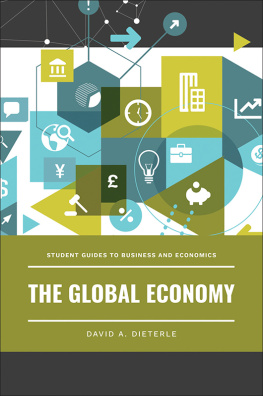


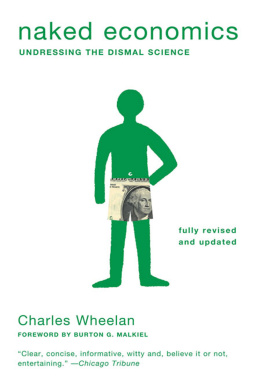
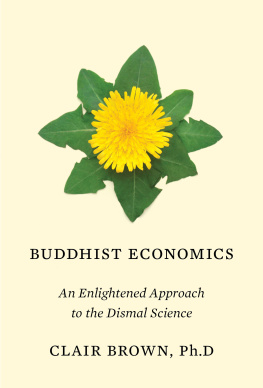


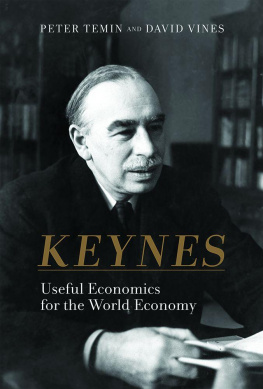
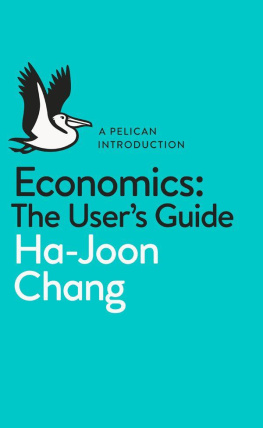

 The paper used in this publication meets the minimum requirements of American National Standard for Information SciencesPermanence of Paper for Printed Library Materials, ANSI/NISO Z39.48-1992.
The paper used in this publication meets the minimum requirements of American National Standard for Information SciencesPermanence of Paper for Printed Library Materials, ANSI/NISO Z39.48-1992.